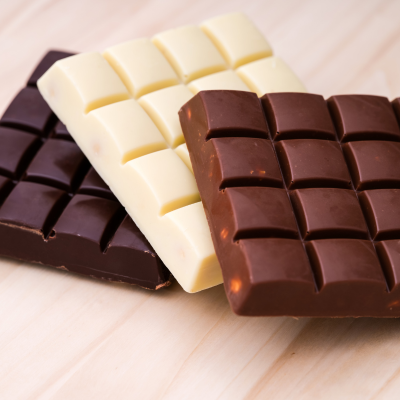Toxins & Poisons
At Littleton West Animal Hospital in Colorado, we are here to answer any questions you might have about questionable pet foods. If your pet has eaten something potentially hazardous, call us right away at (303) 948-8858.

Foods to Avoid Feeding Your Pet
- Alcoholic beverages
- Avocado
- Chocolate (all forms)
- Coffee (all forms)
- Fatty foods
- Macadamia nuts
- Moldy or spoiled foods
- Onions, onion powder
- Raisins and grapes
- Salt
- Yeast dough
- Garlic
- Products sweetened with xylitol
Warm Weather Hazards
- Animal toxins—toads, insects, spiders, snakes and scorpions
- Blue-green algae in ponds
- Citronella candles
- Cocoa mulch
- Compost piles Fertilizers
- Flea products
- Outdoor plants and plant bulbs
- Swimming-pool treatment supplies
- Fly baits containing methomyl
- Slug and snail baits containing metaldehyde
- Ant baits
- Rodent baits
Medication
Common examples of human medications that can be potentially lethal to pets, even in small doses, include:
- Pain killers
- Cold medicines
- Anti-cancer drugs
- Antidepressants
- Vitamins
- Diet Pills
- Human prescription drugs
Cold Weather Hazards
- Antifreeze
- Liquid potpourri
- Ice melting products
- Rat and mouse bait
Common Household Hazards
- Fabric softener sheets
- Mothballs
- Post-1982 pennies (due to high concentration of zinc)
Holiday Hazards
- Christmas tree water (may contain fertilizers and bacteria, which, if ingested, can upset the stomach.
- Electrical cords
- Ribbons or tinsel (can become lodged in the intestines and cause intestinal obstruction—most often occurs with kittens!)
- Batteries
- Glass ornaments
Non-toxic Substances for Dogs and Cats
The following substances are considered to be non-toxic, although they may cause mild gastrointestinal upset in some animals:
- Water-based paints
- Toilet bowl water
- Silica gel
- Poinsettia
- Cat litter
- Glue traps
- Glow jewelry
